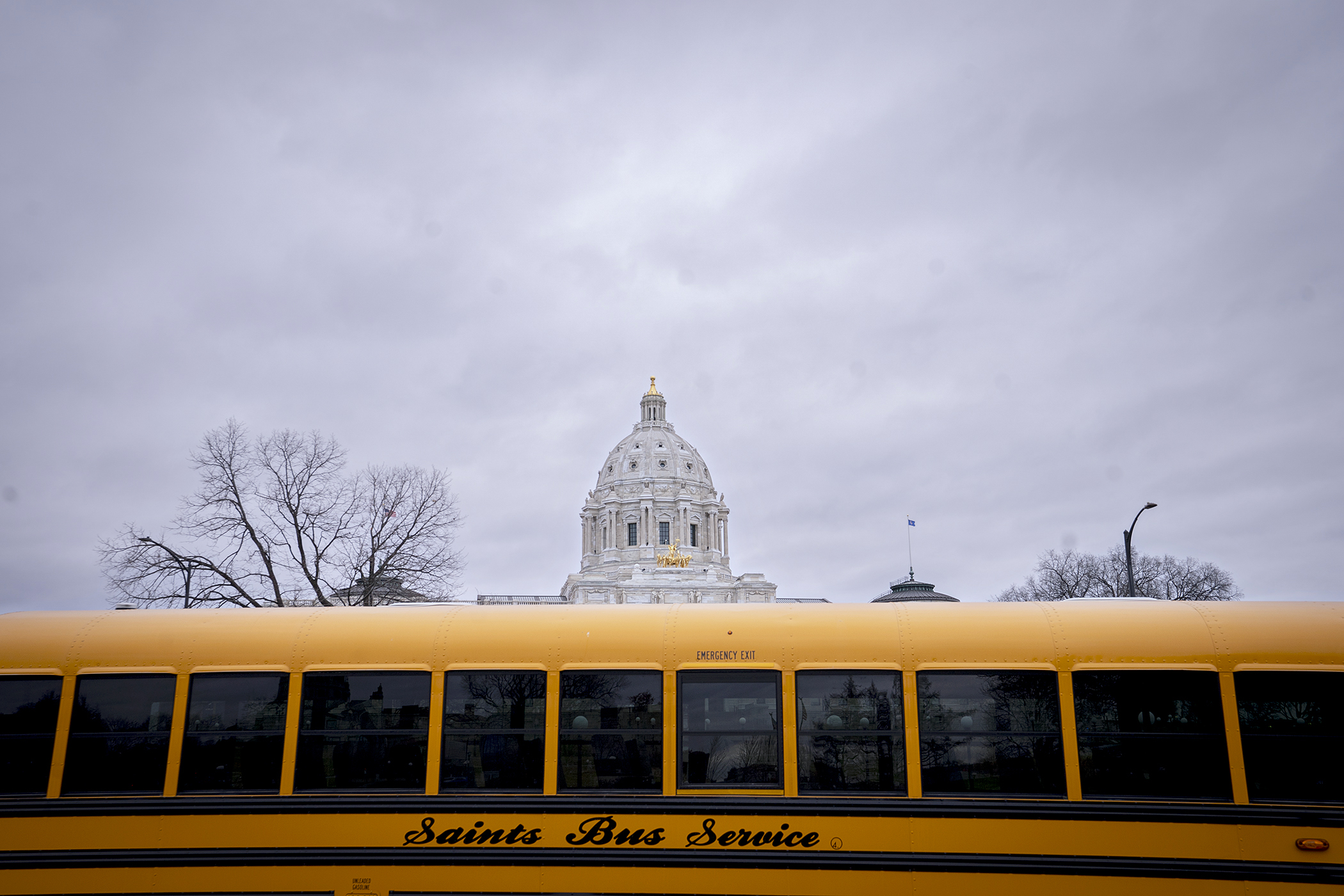‘Cohesive response’ proposed to combat chronic absenteeism in Minnesota schools

School attendance problems, including chronic absenteeism, have been on the rise since the COVID-19 pandemic.
According to Matt Shaver, policy director at EdAllies, 25% of Minnesota students are chronically absent from school: about 199,000 students missing about 3 million combined days of school per year.
Rep. Heather Keeler (DFL-Moorhead) is working to stop that trend.
Keeler sponsors HF2067 that, as amended, would modify several statutes related to student absences, including to whom a parent reports an absence and a definition of when a student is considered in attendance.
“We need cohesive responses to attendance problems in the state, and this bill is an absolute set of steps in the right direction,” Shaver said.
The House Education Policy Committee approved the bill on a voice vote Tuesday, and sent it to the House Floor.
Among other provisions, the bill would encourage the Department of Education to reenroll students who have been dropped from the roll by notifying the family of the student’s rights to reenroll, of other accessible educational opportunities available, and county and community resources to support the child’s reenrollment.
“The state Department of Education is that one entity who sees across all 87 counties,” Shaver said. “They are the one safety net that is left at that point. Without them, we have a system that depends on individual people being superheroes.”
The bill would also require a student’s state assessment results report to include the number and percentage of days the student was absent from school the previous year.
“You have MCA data for reading, math, science. … What if we could also correlate their attendance to show that they’re actually showing up to school or class,” said Rep. Ben Bakeberg (R-Jordan).
According to The Minnesota Alliance With Youth, attendance problems can not only lead to academic struggles and lower graduation rates, but has also been associated with negative socioemotional consequences, social disengagement and feelings of alienation.
“At the end of the day, when we don’t know where kids are at because they’re not in school, it just increases the likelihood that harm is also happening to our kids,” Keeler said. “It’s good for us to have a collective safety net to know where our children are at.”
Related Articles
Search Session Daily
Advanced Search OptionsPriority Dailies
Stable budget outlook projects $3.7 billion surplus now, no deficit in next biennium
By Lisa Kaczke The projected surplus for Fiscal Years 2026-27 is now higher than it was in the November estimate, and no deficit is projected for the next biennium.
“Minnesota’s budge...
The projected surplus for Fiscal Years 2026-27 is now higher than it was in the November estimate, and no deficit is projected for the next biennium.
“Minnesota’s budge...
Legislative leaders set 2026 committee deadlines
By Lisa Kaczke Legislative leaders on Tuesday officially set the timeline for getting bills through the committee process during the upcoming 2026 session.
Here are the three deadlines for...
Legislative leaders on Tuesday officially set the timeline for getting bills through the committee process during the upcoming 2026 session.
Here are the three deadlines for...